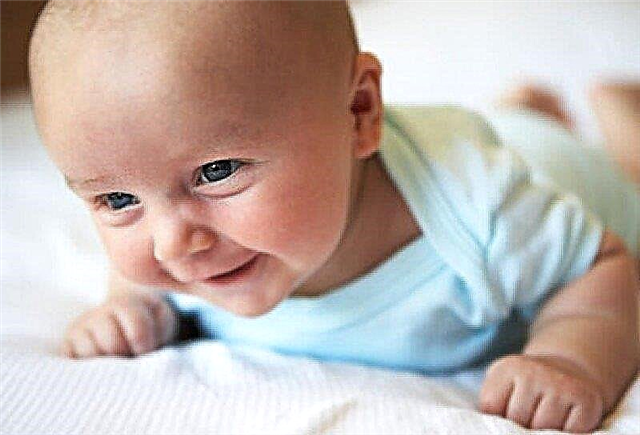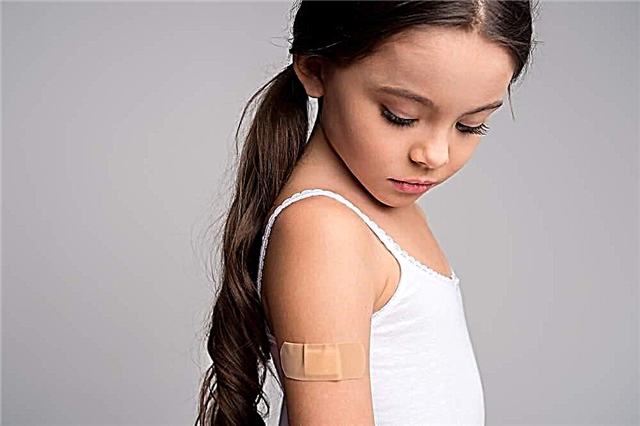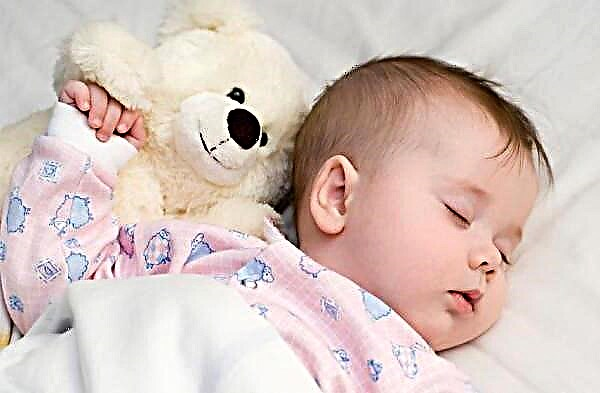Diarrhea occurs after antibiotics in a child quite often. This is often due to self-medication and the use of inappropriate drugs. Only a doctor can prescribe antibiotics if there are reasons for this, and there are no options for therapy with other methods.

Baby
Antibiotic rules
Antibiotics should be taken only after a doctor's prescription, in accordance with the chosen dosage and other recommendations. Be sure to read the instructions for the drug. You need to know:
- what time to drink the medicine: before meals, after, or it doesn't matter;
- how many times a day to give to the child.
Depending on the severity of the disease, the prescribed courses of admission differ in duration. You cannot interrupt them, even if the child is feeling better and the symptoms have passed. Also, do not reduce the dosage, citing a decrease in the negative effect of the disease on the baby's body. It is much safer to give more medicine than intended, which is important for those cases when the baby spat out some of the proposed. As the dosage is reduced, the risk of dangerous bacteria surviving increases significantly.
Causes of diarrhea after antibiotics
Diarrhea while taking antibiotics is the result of exposure to the intestinal microflora. Beneficial microorganisms may die, while the number of opportunistic pathogens will increase. The number of harmful representatives of microflora is constantly growing, not seeing obstacles for this. They have a toxic effect, they can damage the intestinal wall, then diarrhea occurs. It also appears when colonizing antibiotic-sensitive microbes.
How to treat diarrhea after antibiotics in a child:
- Take probiotics recommended by your doctor. Their effectiveness has not been proven, since it is impossible to detect a bacterium that can cope with any consequences of the action of microorganisms. There is no such universal component that helps in any case. Symbiotics are also used, where, in addition to various beneficial microorganisms, there is a prebiotic - this is an environment where they actively reproduce;
- Constantly offer water. If the child does not drink, pour in from a spoon or syringe at least by a sip every 15 minutes;
- Do not force feed your baby. Remember the main thing is liquid.

Baby is drinking water
Note! To stop diarrhea, they give sorbents, for example, Smecta. The baby needs to divide the bag in half and give the resulting mixture in 3 passes.
More often diarrhea appears in children with weakened immunity. It also depends on the type of antibiotic used, its characteristics and microflora that has settled in the intestine.
What antibiotics cause diarrhea
Most often, diarrhea occurs after taking ampicillin, clindamycin, tetracycline, erythromycin. In addition, there are preparations containing a substance that softens the effect of the antibiotic itself - clavulanic acid. It is in Amoxiclav, Augmentin, medicines approved for pregnant women, nursing mothers and infants. It does not violate the microflora, but in itself has a laxative effect, which provokes diarrhea.
Do I need to continue taking antibiotics
The occurrence of diarrhea should be reported to the attending physician to change the antibiotic. It is impossible to completely cancel the treatment, this will only aggravate the situation. The bacteria will develop resistance to drugs, which not only will not stop their growth, but will also lead to further reproduction.
Diagnosis of diarrhea in infants
Diarrhea in infants is a condition when a baby goes to the toilet more than 6 times a day. At the same time, the appearance of the stool changes: it becomes watery, almost completely absorbed into the diaper. Newborns can go to the toilet after every meal. Their feces are not yet formed and are rather liquid. An unpleasant smell, the appearance of foam, mucus or streaks of blood should be alerted.
Diarrhea can lead to dehydration, so you need to provide the child with fluid in large quantities.
Note! If the kid does not stop vilifying, call an ambulance. Dehydration in infants, especially in children under one month old, occurs extremely quickly. Especially dangerous is the condition when diarrhea is accompanied by vomiting.
Komarovsky on recovery from antibiotics
Komarovsky, the famous children's doctor, believes that there is no need to take probiotics during and after antibiotic therapy. He is convinced that proper nutrition and strengthening the immune system will help the baby recover:
- you can not overfeed the child;
- you need to give up sweets, products containing dyes and nitrates;
- spend more time with the baby in the fresh air, dressing it for the weather;
- it is imperative to ventilate the room in which the baby lives, do wet cleaning every day, which will create comfortable conditions not only for him, but also for all household members.

Wet cleaning
Preventing diarrhea after antibiotics
To avoid diarrhea after taking antibiotics, you need to follow the rules:
- Give the baby only the medicine prescribed by the doctor, do not replace it with analogues;
- Adhere to the prescribed dosage, based on the doctor's prescription and instructions for the drug;
- Feed the baby with probiotics to restore the beneficial microflora in the intestines;
- Stick to a diet. Do not introduce new foods during illness, do not overfeed the child. Remember that the basis of a baby's diet is mother's milk or formula. The first can be given during illness at every request of the child. It will strengthen the immune system and speed up recovery.
Diet for babies
Proper nutrition is the basis of a strong immune system and quick recovery.
Note! When a child is sick, you cannot force feed him. It is imperative to offer him food, but if he refuses, do not insist.
The main thing during the period of illness is to water the baby. Better to let the forces be directed to fight infection, and not to digest food.
For children of "artificial" need to properly dilute the mixture:
- Do not add more powder than indicated in the instructions. Be sure to stir thoroughly so that no lumps remain;
- Do not give more often than recommended for age;
- Be sure to add water.
Complementary foods for babies need to be introduced in a timely manner, starting with vegetables and cereals. If the baby has already tried meat, then give only dietary, preferably turkey, rabbit. Porridge is welcome on water, it is advisable to avoid milk powder. Vegetables are not prohibited, broccoli, cauliflower, and zucchini are considered the most useful for babies. You can offer the crumbs apples and pears. Juices and other sugar-containing products must be discarded for up to a year. During illness and recovery, it is worth limiting flour to the maximum. Dairy products, if already in the child's diet, can be given with caution. It is better to use curds and kefir, created especially for children.

Kid eating curd
Infants may experience diarrhea after taking antibiotics. At this moment, the main thing is to prevent dehydration, you cannot stop watering the child. It is imperative to call the doctor who prescribed the treatment if the child has diarrhea from antibiotics, what to do and how to proceed further will be told by him. It is best to always contact a specialist who has already examined the patient to assess the progress of therapy.



